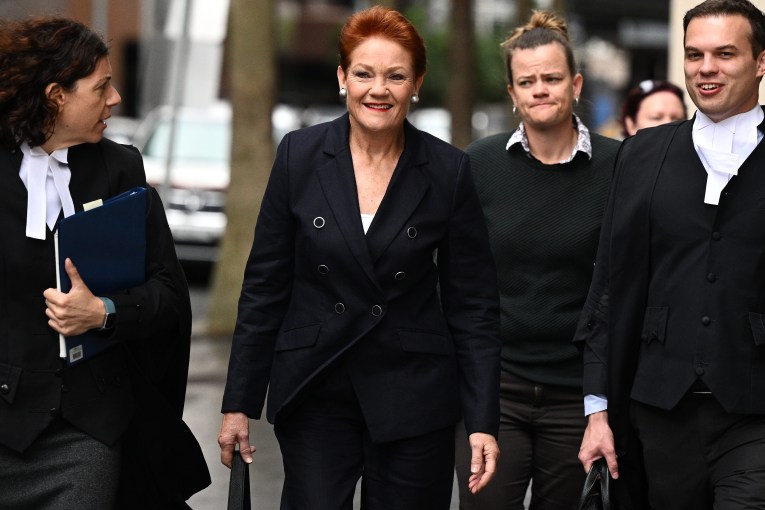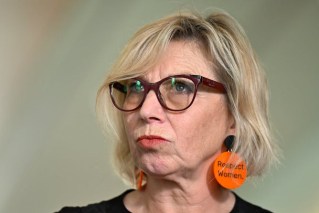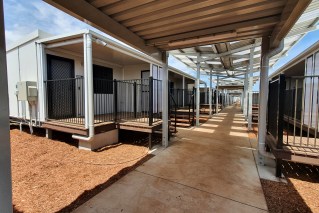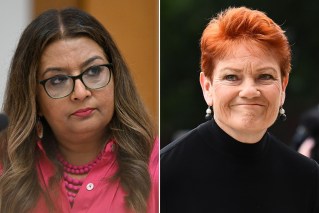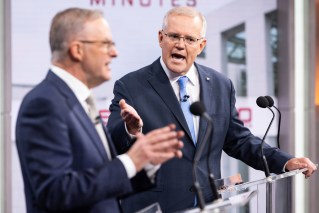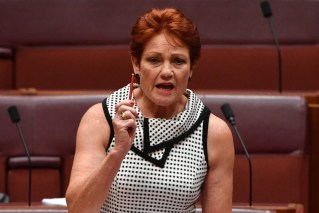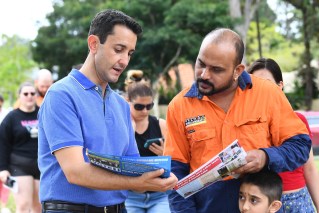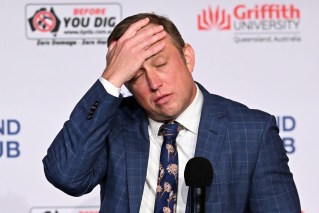How this ‘one-term PM’ became the world’s most marketable politician
She’s a global superstar whose image has lit up the world’s tallest building and graced the cover of TIME magazine. But only three years ago, few people outside of New Zealand had ever heard of Jacinda Ardern, who this week faces the voters to keep her job.
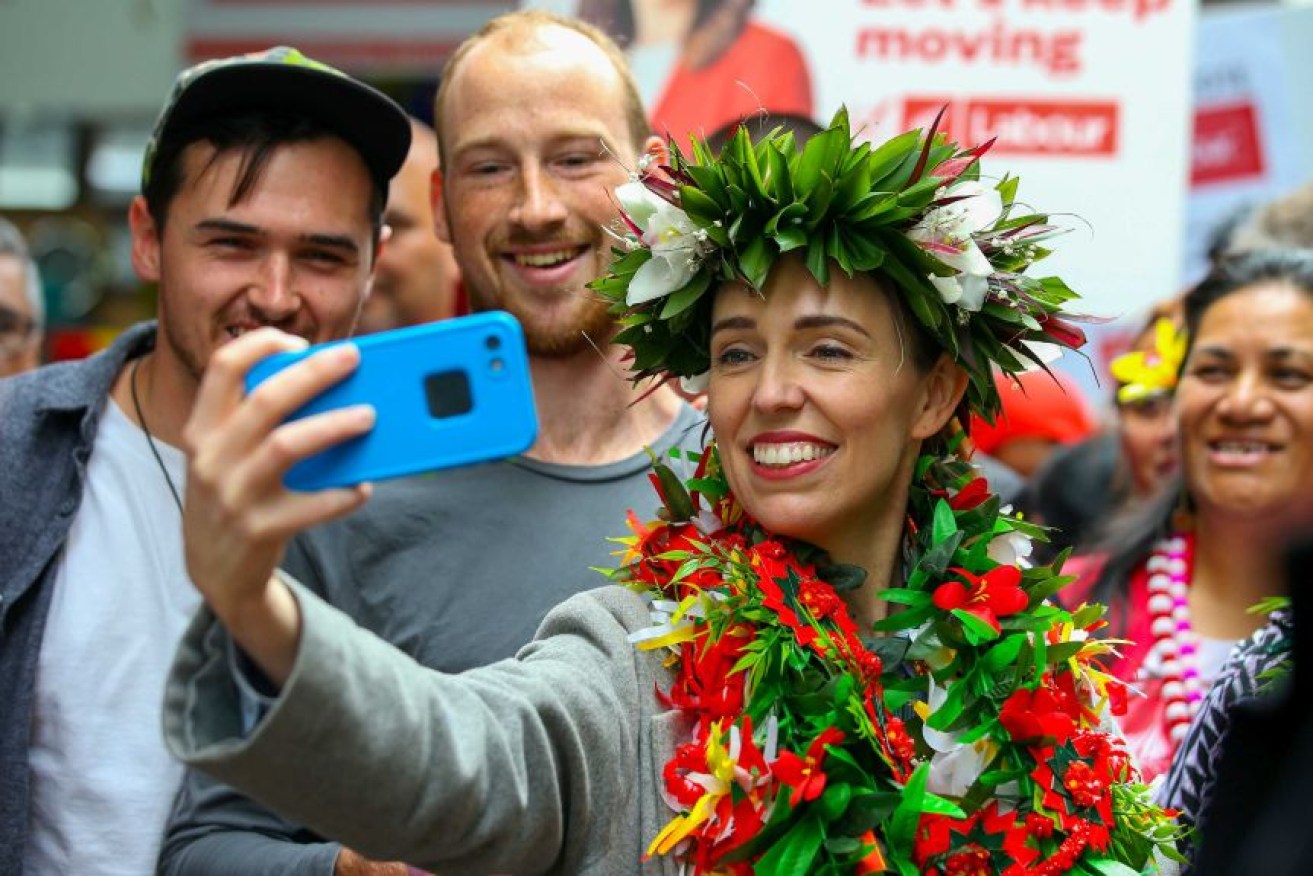
As the leader of a country that boasts a relatively small population of just 4.8 million, Ardern’s celebrity might be surprising.
But it has been a significant few years in New Zealand, which has meant this little pocket of the world has frequently featured in global headlines and so too has its leader.
Ardern has led the country through the devastating terrorist attack in Christchurch, a volcanic eruption and then the coronavirus pandemic.
She’s faced huge challenges while steering the country through these crises. And at this weekend’s election voters will decide whether she should stay on for another term.
Certainly, if elections were decided solely on social media, 40-year-old Ardern would have it in the bag already.
“We are really talking about a social media influencer in her own right, who happens to be a politician,” Sommer Kapitan, a marketing expert at Auckland’s University of Technology, says.
“She has huge reach.”
Whether it’s Instagram stories with funny captions or Facebook live videos, Ardern pops up regularly in your feed if you are one of her several million followers across both platforms.
“She’s relatable, she’s tired, she’s laughing,” Kapitan says.
“It’s the end of the day and her hair’s a bit messed up. And she’s in an old jumper and she’s just put her toddler to bed, and she talks about it and it’s very engaging.”

It appears off the cuff, but “it’s not without study”, according to Kapitan, who says Ardern’s talent lies in always combining the “personal with policy”.
“This is someone who understands messaging, this is someone who understands persuasion,” she says.
Ardern will find out whether that huge social media following translates into votes on Saturday when about 3.5 million people vote in New Zealand’s general election.
The Labour leader rose to power in 2017 when she lost the election but managed to cut a coalition deal with conservative contrarian Winston Peters’ New Zealand First Party.
This time, she faces the prospect of winning in a landslide and governing in her own right.
But the polls suggest it’s more likely she’ll once again be on the hunt for a coalition partner.
The Prime Minister will first need to defeat her main opponent, the leader of the centre-right National Party, Judith Collins, who at 61 is seen as a more traditional politician.
The political veteran only took the helm of her party in July, becoming its third leader this year.
Compared to Ardern’s 1.4 million followers on Instagram, Collins has just tens of thousands of followers.
That means she has to spend much more money on advertising.
“Judith Collins will post: ‘Isn’t it lovely to have spring out!’ And it’ll be her in a new yellow blazer next to some flowers on a beach,” Kapitan says.
“Just about every post says, ‘Please like my page and follow for more,’ which is kind of like a very YouTuber thing to say, but it’s very much about trying to build that organic engagement.”
But this election won’t just be about social media engagement and the power of celebrity. Many people will be considering what government Ardern would be able to form and whether Collins is a better fit for the top job.
One of those people is Mary-Anne Shannon, who is a sheep and beef farmer from the central North Island.
She agrees the Prime Minister is “an excellent communicator”.
“But sometimes you can listen to Jacinda [Ardern] for 20 minutes and at the end of it you sort of think, ‘Well, what did she say?’” Shannon says.
She fears what will happen if the Labour Party enters into a coalition with the left-leaning Greens to hold onto power — a likely scenario according to the latest polls.
“I don’t think the Greens care at all about the economy,” she says.
“I think they’re in la-la land. I think they’d have us all growing organic vegetables.”
The farmer says she much prefers “Crusher” Collins, a nickname bestowed upon the Opposition Leader when she was the police minister and backed a policy to crush the cars of repeat offender hoons.
“I think she genuinely cares about New Zealand,” Shannon, a mother of two grown-up children, said of Collins.
“I think she’s far more direct in her responses.”
There is also concern among some voters the Prime Minister hasn’t delivered on the goals she set herself.
Her Government has not managed to make a dent in the country’s child poverty figures, despite it being a key promise of her last campaign.
UNICEF says New Zealand is one of the worst places in the developed world to be a child.
It ranks 35th out of the 41 nations for wellbeing when a range of factors, including physical and mental healthcare, are assessed.
A scheme called Kiwibuild designed to construct tens of thousands of affordable homes has been called a flop, with just 600 out of an initially promised 10,000 houses built as of August.
“I think that if she didn’t have COVID-19 [to deal with] she could be in trouble,” New Zealand politics lecturer at the University of Auckland, Lara Greaves, said.
“This election would actually be about whether Labour have delivered on their promises, and they really haven’t in a lot of areas.”
The pandemic has led to a “rallying around the flag” effect for the incumbent, according to Greaves.
New Zealand adopted a “go hard and go early” approach to the coronavirus crisis, imposing a swift lockdown that has limited to COVID-19 impact to about 1,800 infections and 25 deaths.
Ardern has been widely praised for the handling of the crisis.
Ardern’s elimination approach meant when there was a second outbreak of the disease in August, after more than 100 days without local transmission, Auckland went back into lockdown.
The origin of the cluster remains a mystery, but restrictions have once again been eased in New Zealand’s largest city.
While the Prime Minister’s personal popularity has dropped from a near record-breaking peak of 65 per cent in April, she is still 27 points ahead of Collins in the latest polls.
New Zealand’s proportional representation system means there is an outside chance that if the Greens don’t make it into parliament, Collins has a long shot at forming government.
She offers a clear alternative to those unhappy with Ardern and she is trying to frame herself as a no-nonsense person who will get things done.
Either way, the next leader of New Zealand will be a woman.
“As a feminist I’m stoked,” consultant and Christchurch resident Leigh Kennedy said.
“I think that’s fantastic.”
It’s not just this global health crisis that has seen Ardern’s star rise.
In 2018, less than a year into her prime ministership, she became only the second leader to give birth while in office.
She made history as the first world leader to attend the UN General Assembly with a baby in tow.
Then came 2019 and the horror of the Christchurch terrorist attacks, which left 51 people dead and dozens more injured.

Ardern donned a headscarf and won hearts in the grieving community, as well as in her nation and around the world.
In the same year, she again showed compassion as the Whakaari volcano erupted, killing 21 people, many of them Australian tourists.
Her authority through these tragedies has won over many New Zealanders, including Kennedy.
“Her leadership around the mosque shootings was absolutely mind blowing,” she said.
“I think she’s a leader that we desperately need in the world. She’s all about the kindness and I really admire her for sticking to that.”
For voters like Kennedy, Ardern’s compassion during multiple crises is more important than some domestic policy disappointments.
“In terms of what she’s delivered, I think the Labour Party is maturing,” she said.
“Should they be elected for a second cycle … hopefully [they will be] a bit more strategic in terms of what they’re actually biting off.”
